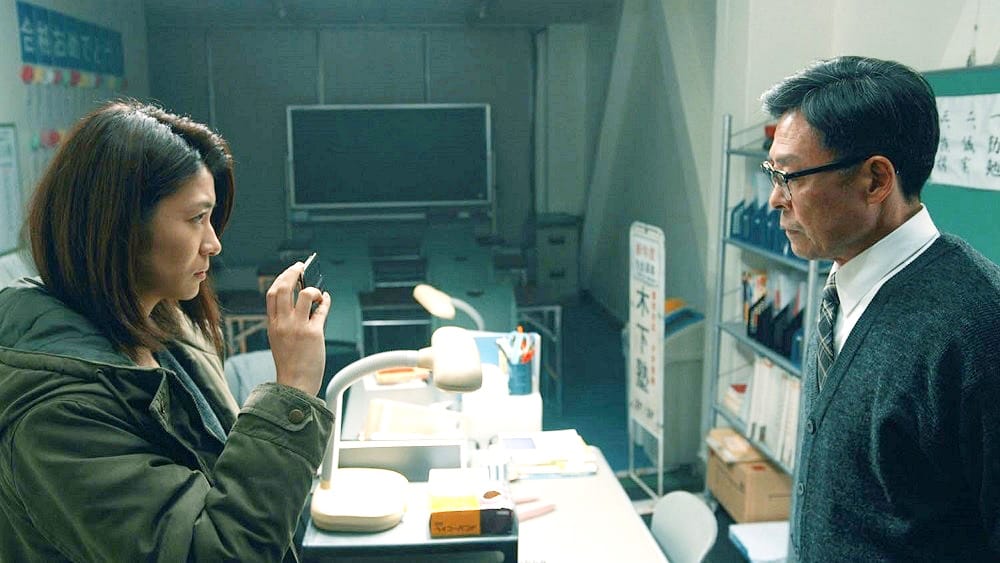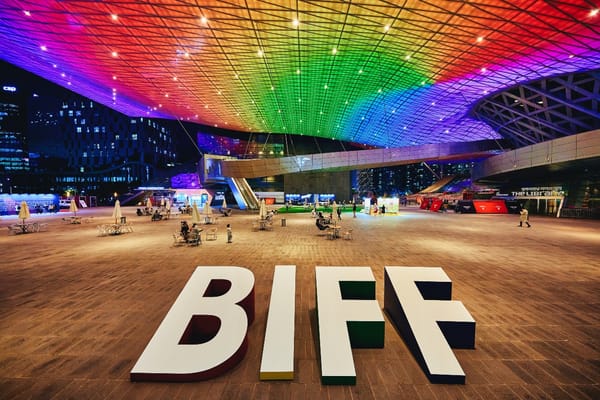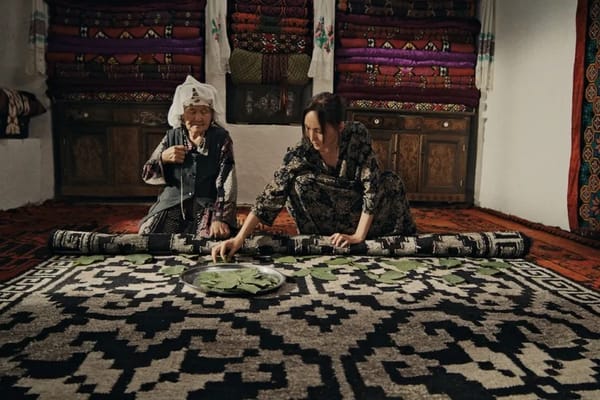FESTIVALS: Busan Hands New Currents Awards To 'A Balance' & 'Three'
Yujiro Harumoto’s A Balance and Pak Ruslan’s Three were presented with the New Currents Award at this year’s Busan International Film Festival (October 21-30).

Japanese filmmaker Yujiro Harumoto’s A Balance and Pak Ruslan’s Kazakhstan-Korea-Uzbekistan co-production Three were presented with the New Currents Award at this year’s Busan International Film Festival (October 21-30).
New Currents jury head Mira Nair said of the two films: “Both are drawn by deep contemplation on human society, yet each has achieved its own unique cinematic language.” A Balance, about a documentary filmmaker investigating a double suicide, also won the jury award at this year’s Pingyao International Film Festival.
This year’s Kim Jiseok Award was split between Navid Mahmoudi’s Drowning In Holy Water (Afghanistan, Iran) and Abbas Amini’s The Slaughterhouse (Iran).
The BIFF Mecenat Award went to Mina Keshavarz’ The Art Of Living In Danger (Iran, Germany) and Lee Soojung’s Sister J (Korea). Special mention went to Lee Dongwoo’s Self-portrait 2020 (Korea).
The Sonje Award was presented to Jayil Pak’s Georgia (Korea) and Mountain Cat (Mongolia, UK), directed by Lkhagvadulam Purev-Ochir.
The Flash Forward Award went to Ronnie Sandahl’s Tigers (Sweden, Italy, Denmark), while the FIPRESCI Award was presented to Chinese director Han Shuai’s Summer Blur.
Among awards for Korean titles, the DGK-Megabox Award went to Lee Kwan’s Young Adult Matters and Jung Wook’s Good Person, which also took the CGV Arthouse Award. Young Adult Matters was also a recipient of the KTH Award, along with Lee Woo-jung’s Snowball. The KBS Independent Film Award went to Limecrime, directed by Lee Seunghwan and Yoo Jaewook.
This year’s Busan took place in a hybrid format, with physical screenings held at the Busan Cinema Centre, while all market activity and most events took place online.
“Although the total number of festival audiences remained approximately 18,000 due to 25% occupancy for each theatre, it was a noteworthy number that shows the love and support of the audience for the Busan International Film Festival,” the festival organisers said in a statement.




